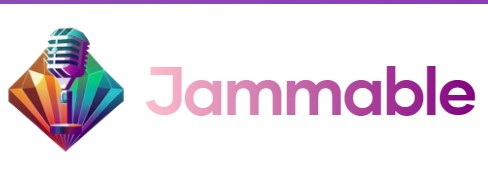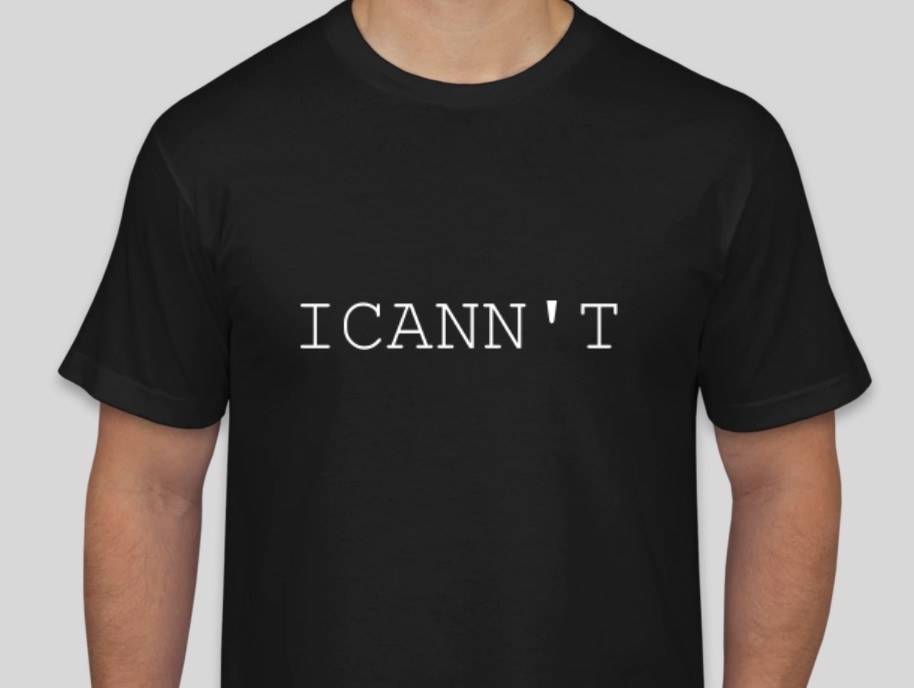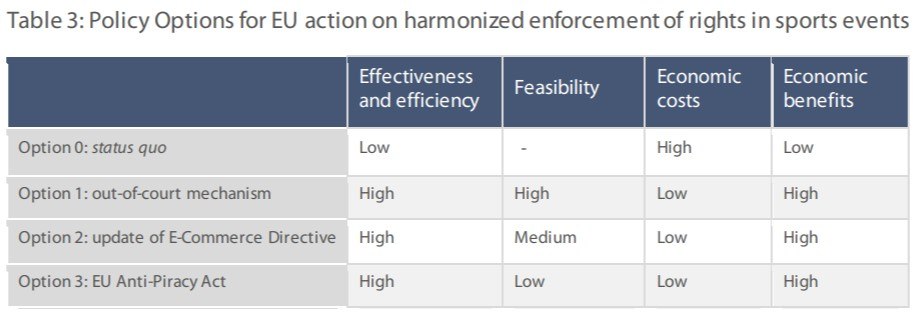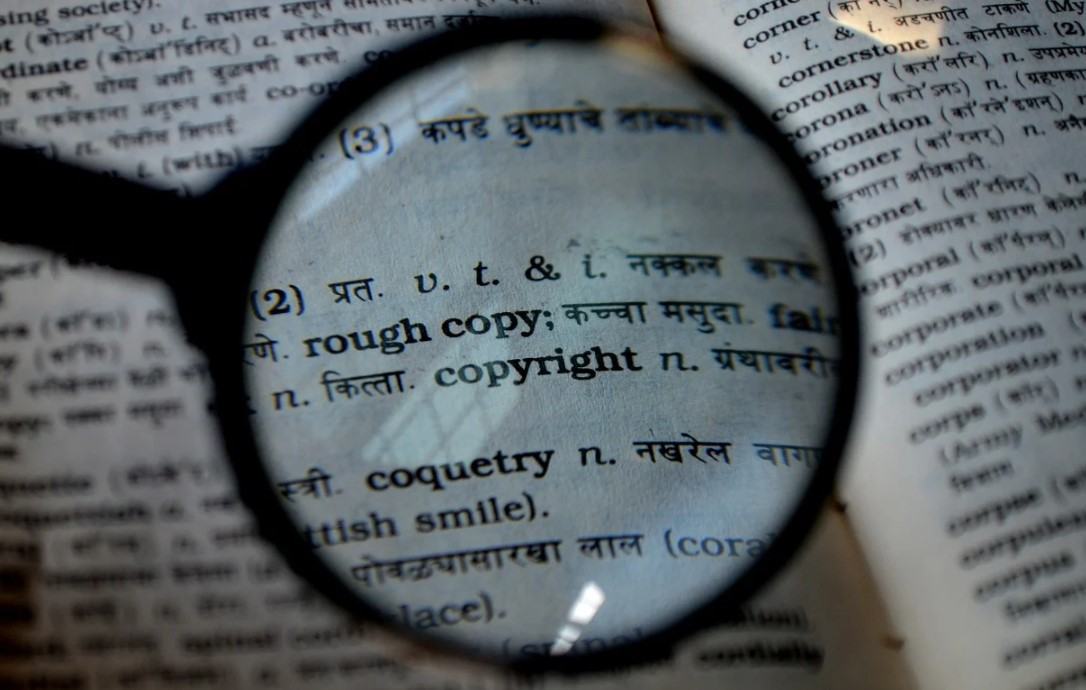-
chevron_right
Music Industry Threatens ‘Deepfake AI Music’ Service With Legal Action
news.movim.eu / TorrentFreak · Wednesday, 20 March - 16:10 · 3 minutes
 Over the past year, new artificial intelligence tools and services have been surfacing everywhere.
Over the past year, new artificial intelligence tools and services have been surfacing everywhere.
The same can be said for AI-related lawsuits and complaints, which have been piling up by the dozen.
In the UK, music industry group BPI has enetered the mix, targeting AI-generated voice models and cover tracks. This technology, which partly relies on copyrighted recordings, has been controversial for a while.
Voicify Faces Legal Pressure
AI vocal-cloning service Voicify was previously called out by the RIAA. In a recommendation to the U.S. Trade Representative, the recording label group asked the USTR to put the site on its list of notorious piracy sites . The USTR did not include the site in its report, however, and Voicify continued its operations as usual.
After the RIAA put a spotlight on Voicify, the BPI maintained the pressure in a letter to the site’s operators, urging them to stop all copyright-infringing activity. If not, the BPI would consider follow-up steps, implying a full-blown lawsuit.
The letter was sent privately on February 26th but aside from the legal threat, its contents remain unknown. While Voicify failed to respond appropriately according to the BPI, the service did announce a major change soon after by rebranding its website to “ Jammable “.

Rebrand Can’t Escape Lawsuit Threat
According to the website, the brand change was motivated by the service’s move away from just being an ‘AI Voice Platform’. However, a source familiar with the situation informs TorrentFreak that a ‘legal matter’ played a yet role in the decision. That could very well be related to BPI’s letter.
Perhaps not coincidentally, the news about BPI’s legal threat against Voicify/Jammable broke in The Times , just days after the rebrand. As ‘a matter of policy’, BPI can’t say whether it reached out to The Times first, or vice versa, but the added pressure helps its case.
An accompanying message released by BPI’s General Counsel Kiaron Whitehead is also crystal clear.
“The music industry has long embraced new technology to innovate and grow, but Voicify (now known as Jammable), and a growing number of others like them, are misusing AI technology by taking other people’s creativity without permission and making fake content. In so doing, they are endangering the future success of British musicians and their music.”
Massive music ‘Deepfake’ Service
With a library featuring thousands of voice models, the BPI considers Jammable one of the world’s largest and most egregious deepfake AI music sites. In its letter the BPI gave the voice cloning site the option to respond and avoid legal action but thus far the BPI remains dissatisfied.
While AI-related copyright issues are still rather novel and mostly unexplored from a legal perspective, the music group is convinced it has the law on its side. The BPI’s complaint centers around Jammable’s purported use of copyrighted music recordings to create voice models and AI covers.
In theory, these types of services could enable people to create a cover of a Frank Sinatra song using the voice of Homer Simpson, if they’d like to hear that.
This use of copyrighted music, combined with the commercial nature of Jammable, is not allowed according to BPI.
Thus far, music-related AI lawsuits haven’t appeared in UK courts so if the BPI decides to follow up on its threat, this would be the first. For now, however, there is no sign of legal action.
Several other music industry entities including the Musicians’ Union and UK MUSIC support the efforts to protect rightsholders against AI troubles.
“Jammable is just one worrying example of AI developers encroaching on the personal rights of music creators for their own financial gain,” Musicians’ Union General Secretary Naomi Pohl says.
“It can’t be right that a commercial enterprise can just steal someone’s voice in order to generate unlimited soundalike tracks with no labelling to clarify to the public the output tracks are not genuine recordings by the original artist, no permission from the original artist and no share of the money paid to them either.”
Speaking with TorrentFreak, a BPI spokesperson says that it has only sent a letter to Voicify/Jammable, not to any similar services. We also asked Jammable for a comment on the legal threat but, at the time of publication, we have yet to hear back.
From: TF , for the latest news on copyright battles, piracy and more.
 The Canadian Government is exploring if and how current copyright law should be amended to better fit the present landscape.
The Canadian Government is exploring if and how current copyright law should be amended to better fit the present landscape. In recent years the European Commission has proposed and adopted various legislative changes to help combat online piracy.
In recent years the European Commission has proposed and adopted various legislative changes to help combat online piracy.
 Peter Sunde was one of the key people behind The Pirate Bay in the early years, a role for which he was eventually convicted
Peter Sunde was one of the key people behind The Pirate Bay in the early years, a role for which he was eventually convicted  Changes in power often present opportunities, including in the US where a new President and Congress were recently sworn in.
Changes in power often present opportunities, including in the US where a new President and Congress were recently sworn in. The International Olympic Committee (
The International Olympic Committee (  In recent years the European Commission has proposed and adopted various legislative changes to help combat online piracy.
In recent years the European Commission has proposed and adopted various legislative changes to help combat online piracy.
 It is a busy week for copyright proposals in the United States, one that will resound far into the year ahead.
It is a busy week for copyright proposals in the United States, one that will resound far into the year ahead.
